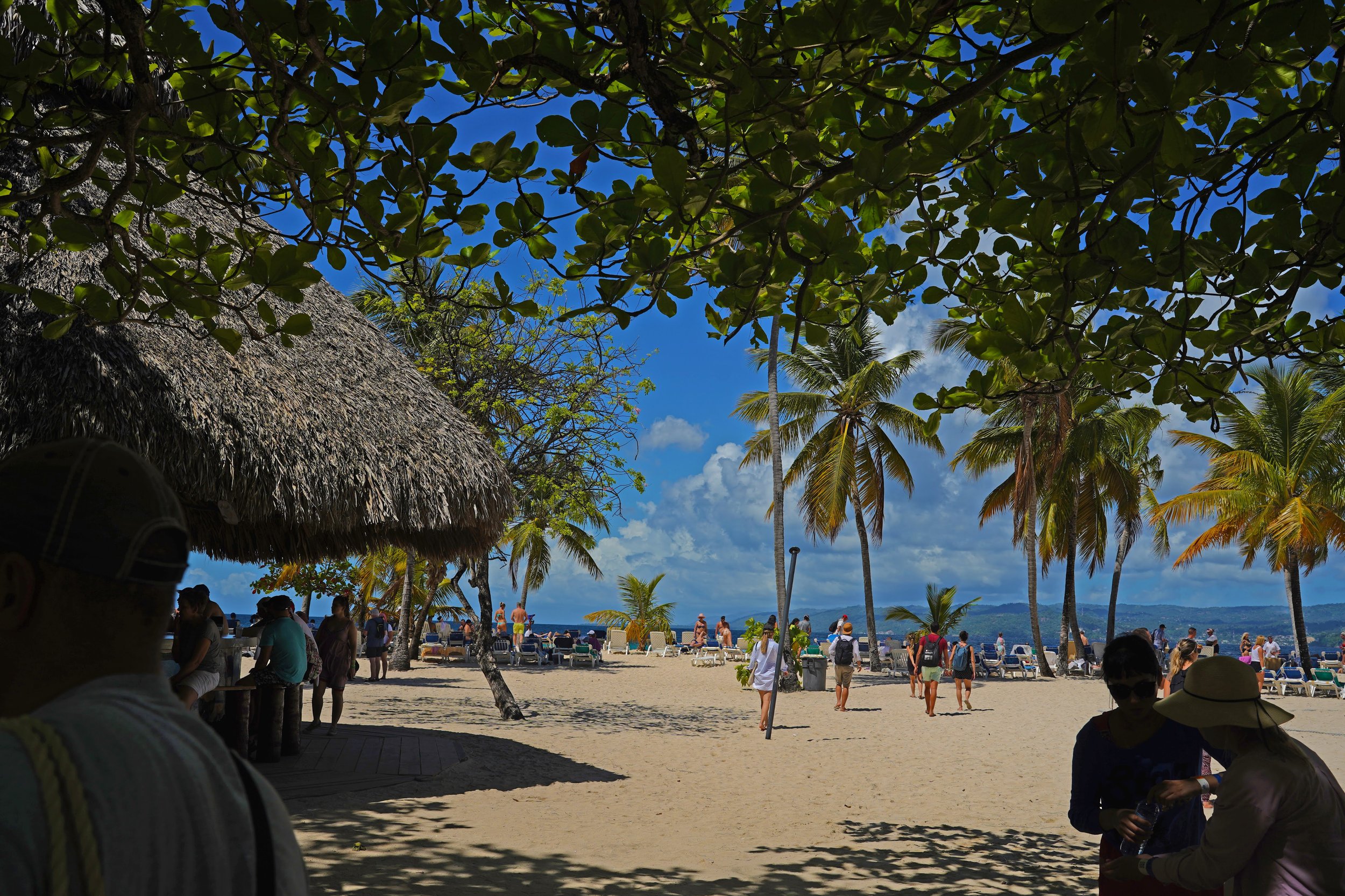Decolonizing Travel (Part 2 of many)
By Harry Alvarez | August, 1st 2022
Unfortunately it would be impossible for Offbeat Travel to say we use 100% local vendors. The reality is that foreign investment in places like the Dominican Republic and Costa Rica is ubiquitous and a double edge sword. The influx of capital catalyzes the development of hotels, restaurants, and the infrastructure needed by other types of tour operations. Attracted by the natural beauty of our lands these investors flock toward our coast, and due to their foreign capital have the “poder adquisitivo”(purchasing power) to purchase the most attractive of lands. They develop small hotels, restaurants, and tour operations and there starts the colonial-esque sucking of resources. We are no longer talking about gold being sucked out from our mines (which still happens), but the profits of our most valued export; tourism.
In 2019 tourism represented 17% of the GDP of the Dominican Republic and 13.5% of that of Costa Rica. The economic potential of tourism to impact communities in these destinations is immense. Harnessing tourism monies toward locally owned operators has a potential to offer jobs, investment potential and long term economic sustainability to the people that live in the places we love to visit.
While we cant say we only work with locally owned operators we can strive toward assuring that those local providers that do exist are supported and we can also push the foreign owned providers to do right by their employees. That means hiring their employees on the books, offering health care, pensions and abiding by all local labor laws. It also means assuring that foreign operations are registered companies in the jurisdictions they operate so they contribute toward the tax system that builds roads, aqueducts , schools and much more.
Together the foreign investors that love our lands and the local people who live the land can work together toward a world where we create equity in the travel industry by ensuring the people in the places we visit have ownership of the design, management, implementation and economic benefits of travel to their communities.
…

